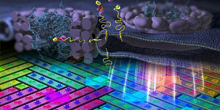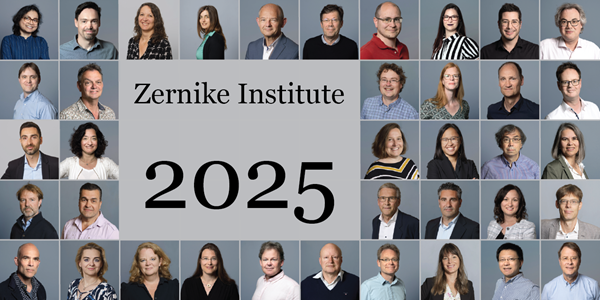Moderne materialen hebben de samenleving waarin we leven en werken vormgegeven. Ze creëren een omgeving waarin we directe toegang tot mensen en informatie hebben en wereldwijd kunnen communiceren met een simpele druk op een knop. Nieuwe materialen transformeren de medische industrie en de maakindustrie en het is duidelijk dat alles om ons heen richting een sterk verbonden, interactieve wereldwijde samenleving beweegt.
Om deze nieuwe werkelijkheid duurzaam te maken moeten we substantiële barrières slechten en terrein betreden dat momenteel onbegaanbaar is. In het bijzonder moeten we óf nieuwe functies - 'onmogelijke materialen' - óf energie-efficiëntie (duurzaamheid) met bestaande materialen realiseren. Ons materials onderzoeksprogramma, gericht langs verschillende programma's en consortia, moet zich daarom bezig houden met steeds complexere materiaalarchitecturen die óf ruimtebesparend (nano) of sneller zijn óf schijnbaar onverenigbare componenten combineren. Daarnaast kunnen die architecturen efficiënte biologische systemen bevatten of imiteren, of verschillende genoemde strategieën verenigen. We benaderen deze problemen met een team van 38 Principal Investigators verdeeld over 20 Onderzoeksgroepen die een open, multidisciplinaire omgeving creëren. Deze setting maakt het mogelijk om ons uitgebreid te richten op fundamentele en uitdagende vraagstukken op het gebied van functionele materialen die relevant zijn voor problemen in de samenleving, daarbij de gehele kennisketen benuttend: modelleren, synthese, karakterisering, fysische eigenschappen, theorie en device functionaliteit.




